Each month we set the facts straight regarding a popular health and wellness myth.
This month’s myth: You can get the flu from a flu shot.
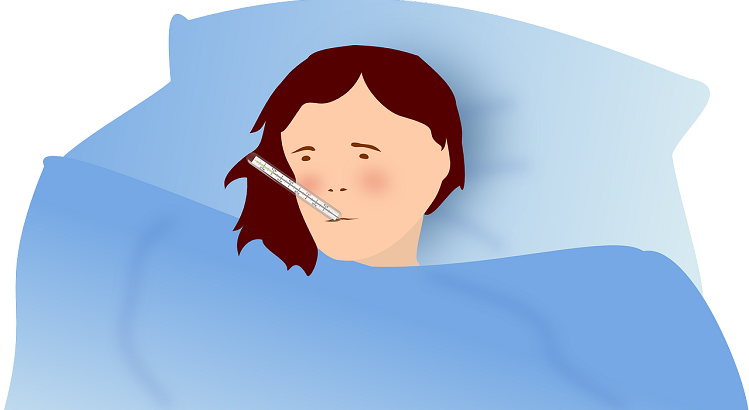
Each month we set the facts straight regarding a popular health and wellness myth.
This month’s myth: You can get the flu from a flu shot.
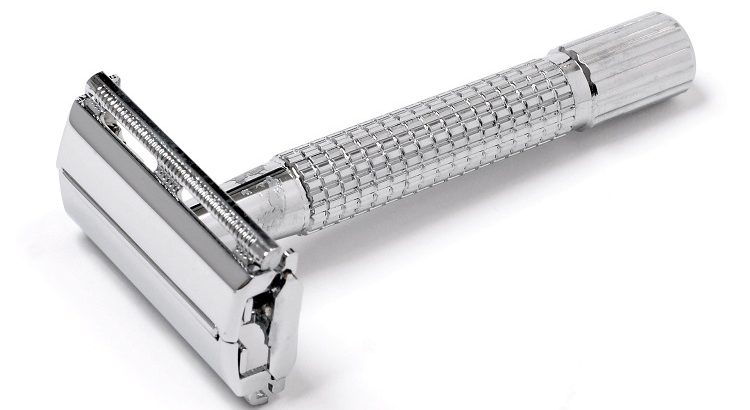
Each month we set the facts straight regarding a popular health and wellness myth.
This month’s myth: Shaving makes hair grow back faster and thicker.
Many of us have heard that shaving causes our hair to grow back more quickly, and the hair that returns is darker and thicker than before. But no matter how much anecdotal evidence we have, this ongoing belief is just a myth.

Each month we set the facts straight regarding a popular health and wellness myth.
This month’s myth: Hospice is a location. Read More

Each month we set the facts straight regarding a popular health and wellness myth.
This month’s misconception: Sun protection practices
Today is the first day of summer and, for many, it’s a season filled with outdoor activities. Whether you’re heading to the shore or staying close to home, sun protection is vital for outdoor summer fun. This month, we’re clarifying four sun protection myths:
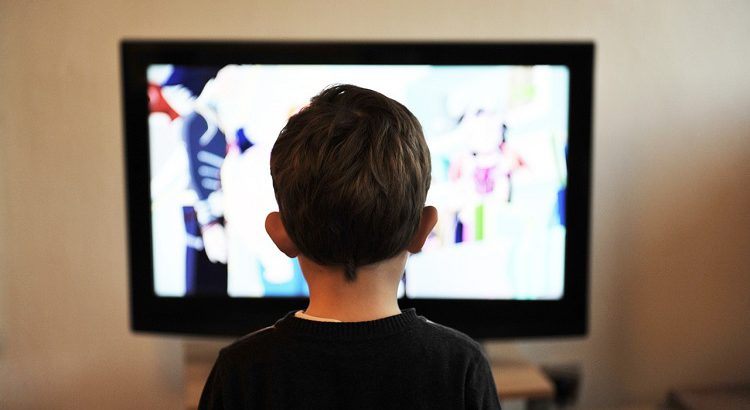
Each month we set the facts straight regarding a popular health and wellness myth.
This month’s misconception: Activities that damage your eyesight
Chances are you have heard one of many myths about hurting one’s eyesight through the years. In honor of Healthy Vision Month, we are debunking three common vision myths.

Each month we set the facts straight regarding a popular health and wellness myth.
This month’s misconception: All calories are created equal.
A calorie is a calorie is a calorie. Whether it’s from carbohydrate, protein or fat, they’re all the same.
That is true in the most technical sense. But when it comes to good health, wellness and nutrition, that thinking is outdated.
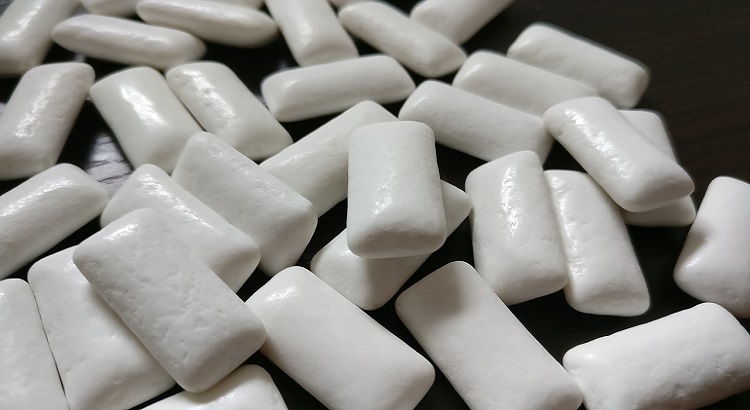
Each month we set the facts straight regarding a popular health and wellness myth.
This month’s misconception: It takes 7 years for the body to digest swallowed chewing gum.

Medical misconception: The bathroom medicine cabinet is the best place to store medications.
It seems like a good idea – having your medications all in one place within easy reach. Many bathrooms feature a mirrored chest attached to the wall commonly known as a medicine cabinet, so this seems like the natural place to store your medications. But, while it’s convenient, this spot may be one of the worst places to store your prescriptions.

Each month we set the facts straight regarding a popular health and wellness myth.
This month’s misconception: Stomach ulcers are caused by stress and spicy food.
There it is again – that burning feeling in your stomach. Sometimes it comes when you haven’t eaten, or it keeps you up late at night. It can last for a few minutes or a few hours, sometimes for days, sometimes for months.
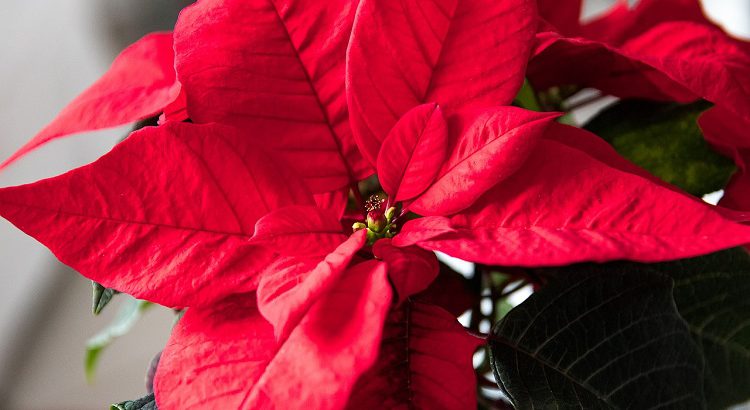
Each month we set the facts straight regarding a popular health and wellness myth.
This month’s misconception: Poinsettias are poisonous.
Holiday decorations play a big part in what makes this time of year so special, and poinsettias are often one of the staples of the season. For years, we’ve been told that poinsettias are poisonous to people and pets … but is that really the case?
In a word: No.
In an interview with the United States Department of Agriculture, Kansas State University Extension Horticulture Expert Ward Upham explained that the plant is not poisonous to children or pets. He said research has shown that a 50-pound child would have to eat 500 to 600 leaves to feel any discomfort.
In 1975, the Consumer Product Safety Commission denied the request to put warning labels on poinsettias and mistletoe sprigs identifying them as poisonous. According to the commission’s website, “The Commission’s review of the technical literature dealing with the toxicity of these plants did not disclose a degree of risk that would warrant its taking regulatory action.”
However, the commission explained that the denial of the petition should not be “…construed as endorsement of the complete safety of these plants,” and recommended keeping them away from small children.
So decorate with poinsettias to your heart’s content this season!